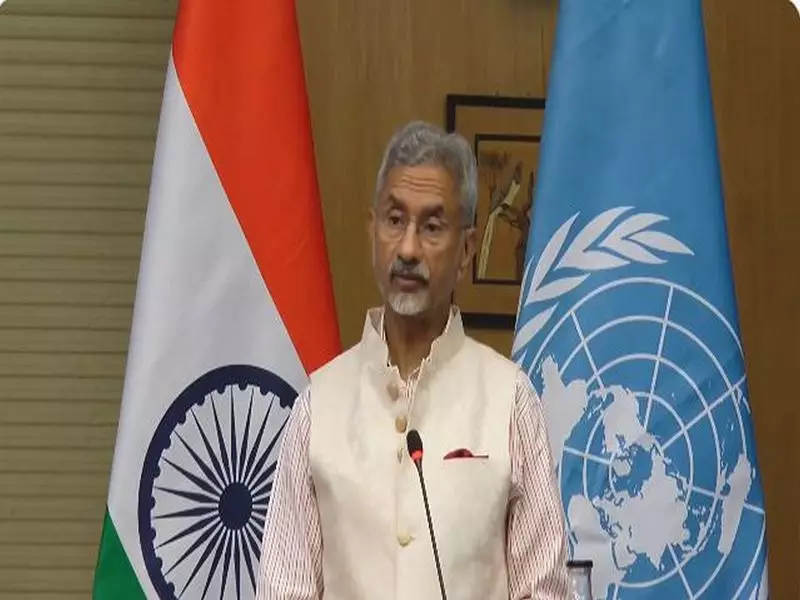
In a hard-hitting address that resonated through the halls of the United Nations, External Affairs Minister Dr S Jaishankar delivered a stark assessment of the global body's counter-terrorism efforts during its 80th anniversary commemorations. The seasoned diplomat didn't mince words as he exposed the glaring inconsistencies in how terrorism is addressed on the world stage.
The Accountability Deficit in Global Counter-Terrorism
Dr Jaishankar pointed to what he termed a "convenient selectivity" in dealing with terrorist acts and organizations. "When the world chooses to look away from certain acts of terror while vigorously pursuing others, it undermines the very foundation of global security," he asserted during his intervention at the high-level UN session marking eight decades of the organization's existence.
The Minister's remarks come at a time when global security architecture faces unprecedented challenges. His critique highlighted how political considerations often override moral imperatives when designating terrorists and taking action against terror financing networks.
UN's 80th Anniversary: A Moment of Reflection or Business as Usual?
While acknowledging the UN's contributions to maintaining international peace over eight decades, Jaishankar questioned whether the anniversary celebrations were merely ceremonial or would spark genuine reform. "Anniversaries should be moments of honest reflection, not just self-congratulation," he remarked, urging member states to address the structural flaws in the global counter-terrorism framework.
The External Affairs Minister specifically highlighted how some nations continue to provide safe havens to terrorists while paying lip service to global counter-terrorism initiatives. This double standard, he argued, perpetuates the very threats the UN was created to eliminate.
India's Consistent Stand on Zero-Tolerance Towards Terrorism
Reiterating India's long-standing position, Jaishankar emphasized that terrorism in any form cannot be justified and must be confronted with unified determination. He pointed to India's own experiences with cross-border terrorism as evidence of the urgent need for more robust international cooperation.
The Minister's intervention served as a powerful reminder that without genuine accountability and consistent application of counter-terrorism norms, the UN risks losing its credibility in addressing one of the most pressing security challenges of our time.
As the United Nations enters its ninth decade, Jaishankar's message was clear: either reform the approach to terrorism or risk rendering global counter-terrorism mechanisms ineffective. The ball, he suggested, is now in the court of those nations that have historically been selective in their condemnation of terrorist activities.





